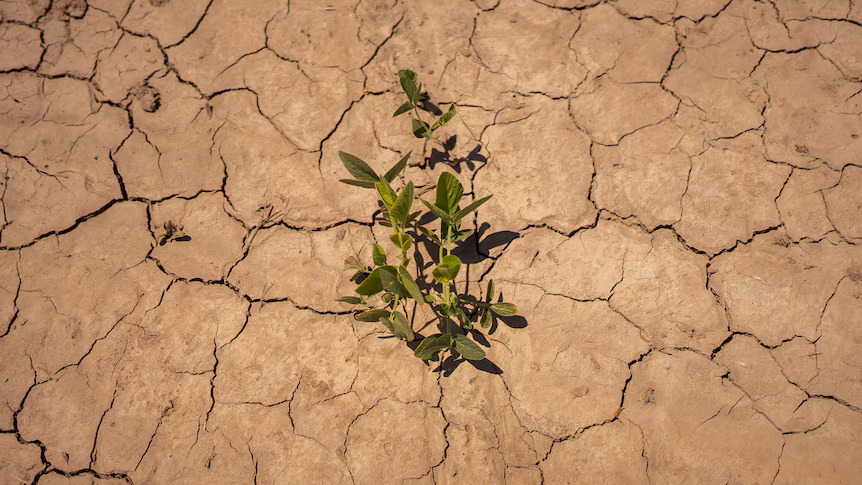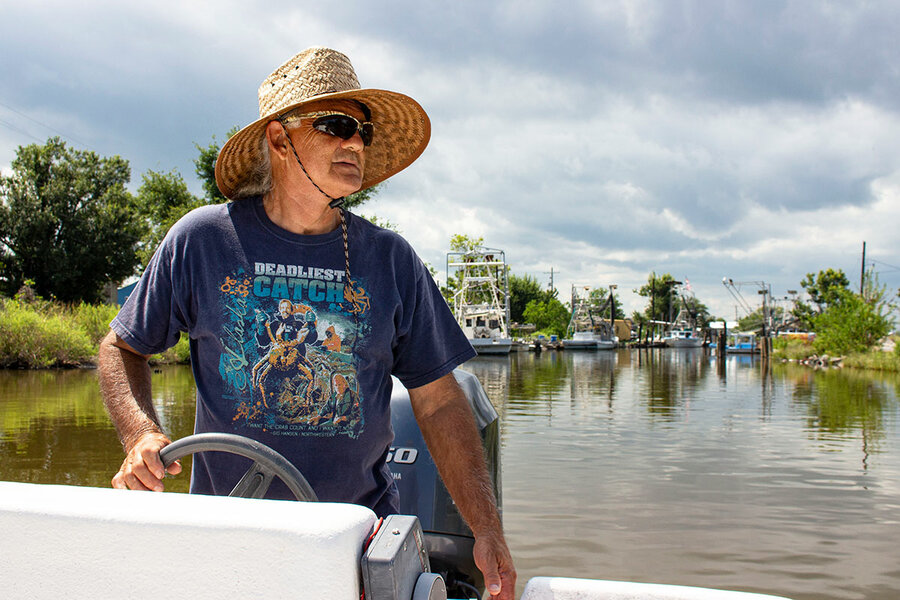Original publication for sbs.com.au on 28 September 2023
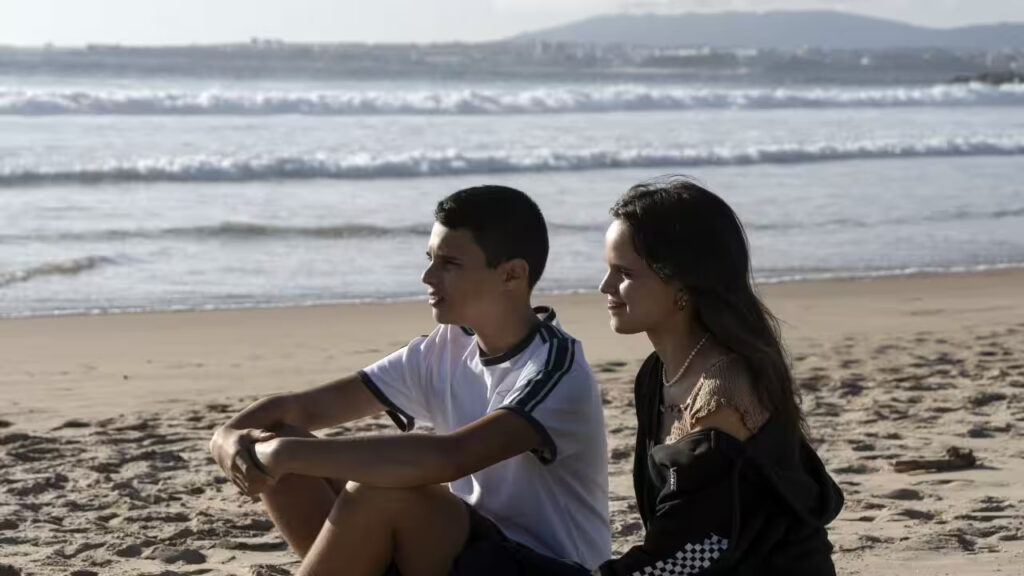
AP / Ana Brigida
KEY POINTS
- Six youths from Portugal have launched a lawsuit in the European Court of Human Rights.
- The applicants argue inaction to tackle climate change threatens their human rights.
- If the complaint is upheld, it could result in orders to cut carbon dioxide emissions faster than currently planned.
Six young people from areas of Portugal ravaged by wildfires and heatwaves went head-to-head with 32 European governments on Wednesday, alleging in court that their failure to act fast enough on climate change is a violation of their human rights.
The case — filed in September 2020 against the 27 EU member states as well as Britain, Switzerland, Norway, Russia and Turkey — is the largest climate case ever to be heard by the European Court of Human Rights (ECHR) in Strasbourg.
A ruling in the case is expected in the first half of 2024.
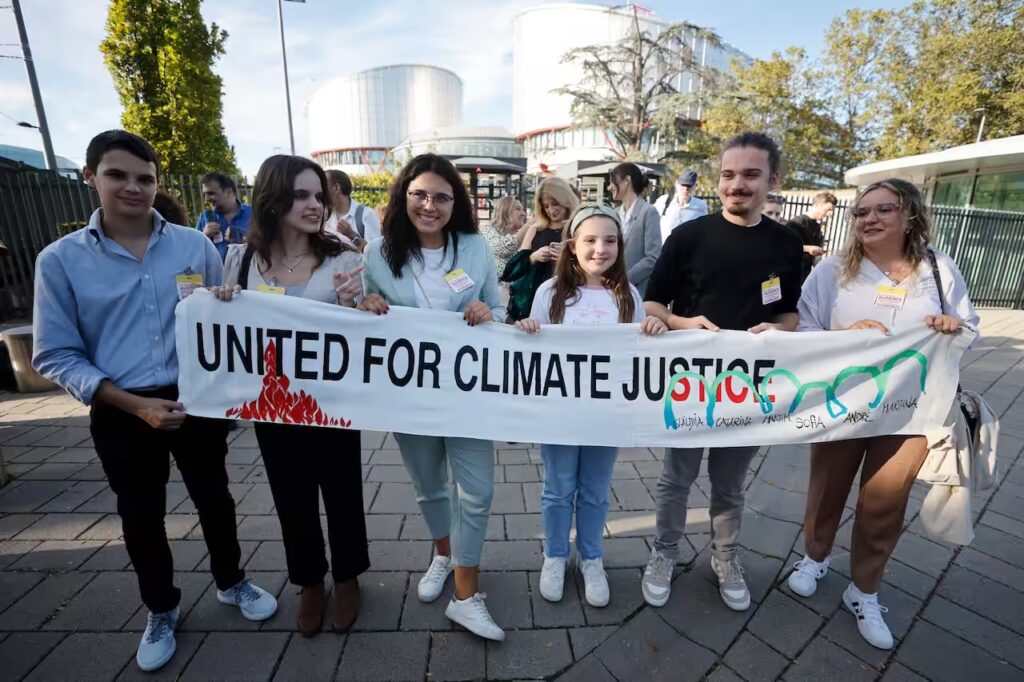
AP / Jean-Francois Badias
The applicants argue inaction to tackle climate change threatens their human rights including the right to life and physical and mental wellbeing.
“Due to heat extremes, I’m limited in how I exercise and how much time I can spend outdoors,” 15-year-old applicant Andre Oliveira said outside court.
“I’m forced to stay inside, I struggle to sleep and thanks to the weak climate policies of these governments, things are getting worse.”
Case could lead to enforceable rulings for European nations
Backed by the British-based Global Legal Action Network (GLAN), the Portuguese applicants, aged between 11 and 24, want a legally-binding decision that would force states to act.
If the complaint is upheld, it could result in orders from national courts for governments to cut carbon dioxide emissions blamed for climate change faster than currently planned.
A lawyer for the Portuguese government told the court that the evidence provided failed to show the specific damages caused by climate change on the lives of the young applicants.
Gerry Liston, one of GLAN’s lawyers, said: “Portugal stood up on behalf of all respondent states and claimed what the applicants had been describing was just a figment of their imagination and that’s gaslighting.”
Accused countries reject claims made by applicants
Greece, in a submission sent to the court before the hearing, said “effects of climate change, as recorded so far, do not seem to directly affect human life or human health”, an argument another GLAN lawyer, Gearoid O’Cuinn, described as “climate denialism”.
Responding to criticism, Petros Varelidis, from the Greek environment ministry, said the case had no legal grounds and highlighted Greece’s ambitious climate legislation.
Last week, Greek Prime Minister Kyriakos Mitsotakis told the United Nations General Assembly the wildfires and floods that struck his country this summer led to deaths and destruction.
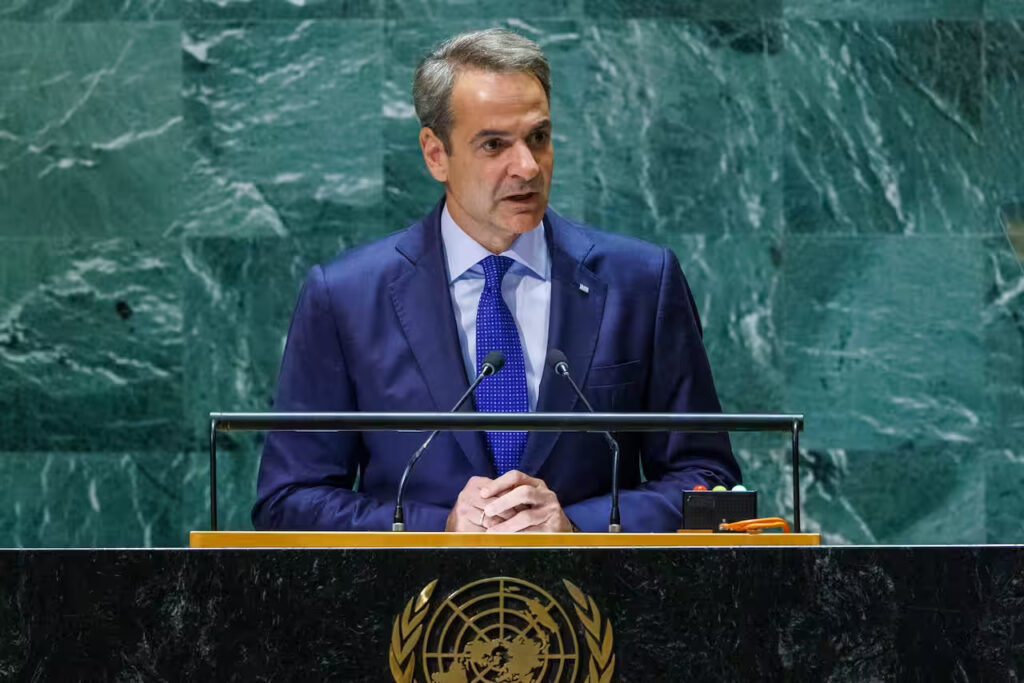
EPA / SARAH YENESEL
Applicant Sofia Oliveira previously said their goal was to force governments to “do what they promised they would do”, referring to the 2015 Paris Agreement to cut emissions to limit global warming to 2 degrees and ideally 1.5 degrees. Current policies would fail to meet either goal, according to the United Nations’ Intergovernmental Panel on Climate Change.
Four of the six applicants are from the central Portuguese region of Leiria, where two wildfires killed more than 100 people in 2017.
Case described as ‘unprecedented’ in its scale
A lawyer representing Britain said the consequences of climate change were “global” but the protection of applicants’ interests fell under Portugal’s jurisdiction. He said the case should be rejected.
More than 80 lawyers represented the accused countries, while the applicants were represented by six lawyers.
Climate litigation is growing, both in Europe and beyond.
Last month, a judge in Montana, in the United States, handed a historic win to young plaintiffs in a climate change case. In addition to Wednesday’s youth case, there are two other climate cases pending before the ECHR’s Grand Chamber.
